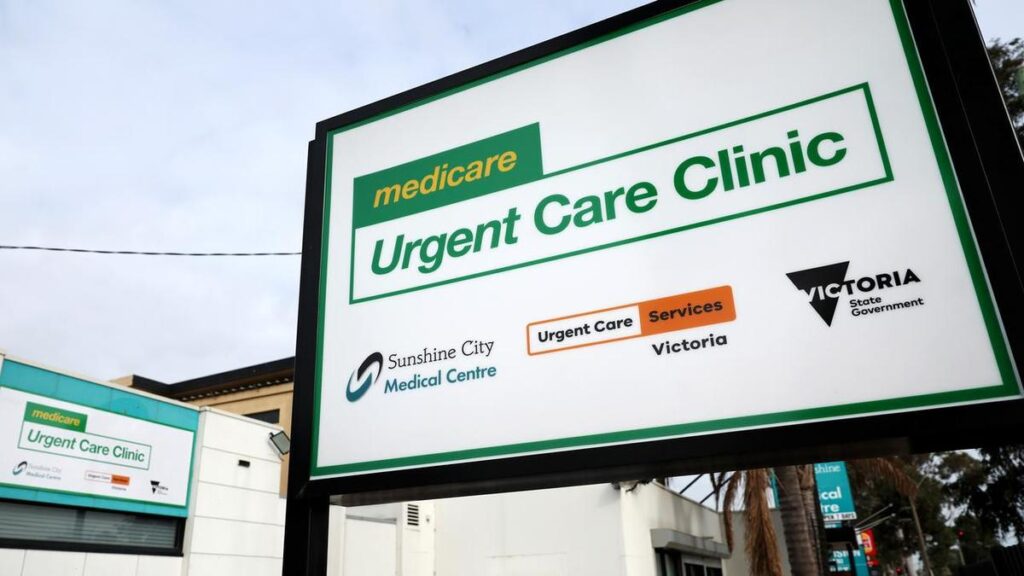
The Australian government is set to emphasize its healthcare achievements as parliament reconvenes this week, showcasing that substantial investments in Medicare are beginning to deliver results. A significant policy initiative, which aims to ensure that nine out of every ten doctor appointments are bulk billed by 2030, took effect on Saturday. The $8.5 billion program was a cornerstone of the Labor Party’s campaign during the recent election.
While the government touts these incentives, some healthcare practitioners have expressed skepticism. These doctors argue that the new incentives may not sufficiently cover the costs associated with providing free appointments. Under the revised scheme, the government has expanded existing payments that previously encouraged General Practitioners (GPs) to bulk bill children and concession card holders to encompass all Australians.
In addition to this expansion, a new reward system has been introduced for clinics where every doctor bulk bills all patients for routine appointments. This initiative aims to increase the number of fully bulk-billing practices across the country.
Increased Interest from Practices
Over the weekend, Mark Butler, the Minister for Health, released data indicating that more than 1,000 practices have shown interest in adopting full bulk billing. New figures published on Monday reveal that while the majority of clinics planning to offer free appointments are located in urban areas, rural and regional communities will also benefit significantly.
Of the practices considering an expansion of bulk billing, 622 are situated in metropolitan areas, while 108 are in regional centres. Additionally, 73 are located in larger rural towns, and 248 are in smaller towns or remote communities. The electorates of Ballarat in Victoria, and Rankin and Hinkler in Queensland are anticipated to see the most substantial increases in the number of bulk billing GP clinics.
Political Context and Upcoming Challenges
As parliament resumes, Prime Minister Anthony Albanese is expected to advocate for these healthcare changes. He recently participated in critical global summits in Malaysia and South Korea before returning to parliament.
The political landscape is further complicated by internal tensions within the Opposition regarding climate and energy policies. The Nationals have voted to abandon their commitment to achieving net-zero emissions by 2050, leading to potential conflict with the Liberals, who have yet to finalize their stance on the matter. Liberal MPs assert that they are not obligated to adhere to the positions of their regional colleagues, while Nationals Leader David Littleproud has stated his intention to respect the internal processes of his coalition partner.
As the government moves forward with its Medicare initiatives, the upcoming parliamentary sessions will likely be pivotal in shaping the future of healthcare and broader policy discussions in Australia.






